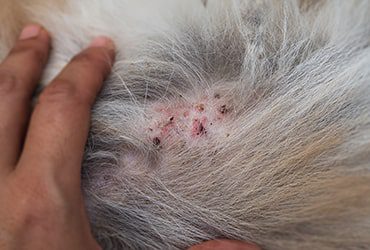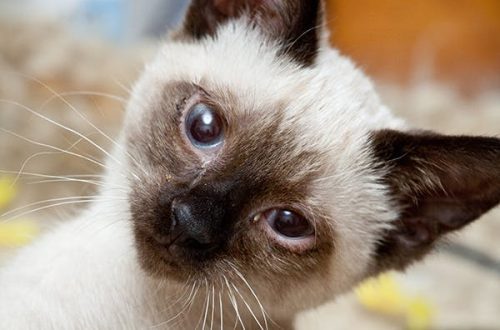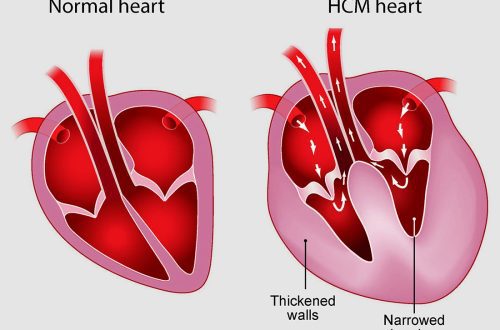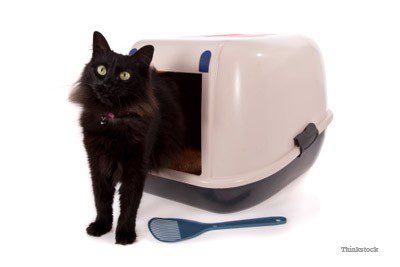
Mucus in the stool in cats – causes and treatment
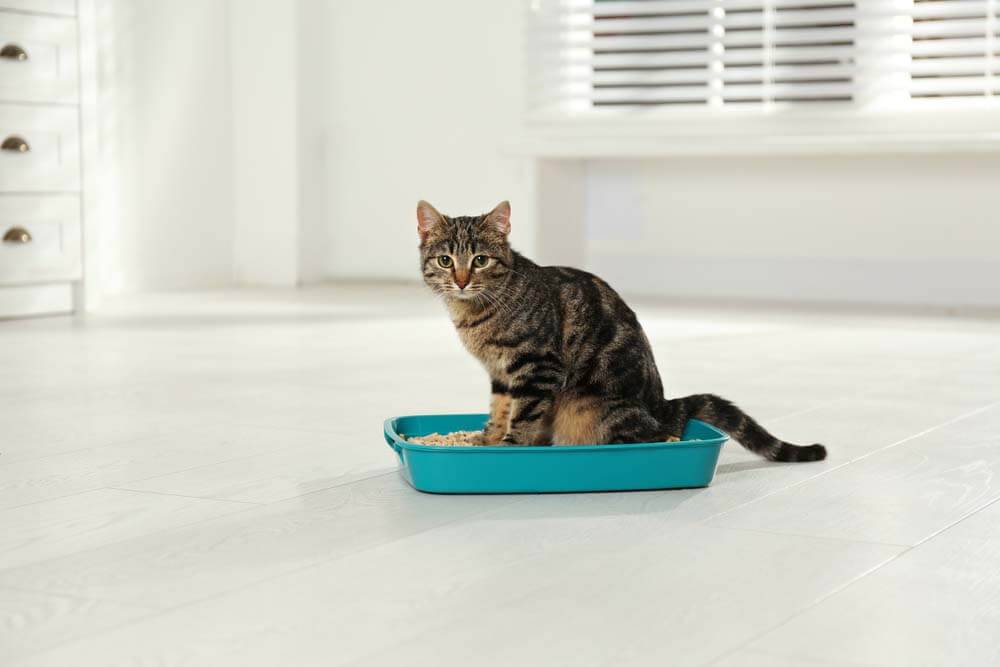
Contents
10 reasons why cats have mucus in their stool
In a healthy intestine, mucus is produced constantly, it has a complex composition and is part of its protective barrier.
Increased secretion of mucus is a response to irritating, traumatic factors and intestinal inflammation.
Mucus in the cat’s feces can look like lumps, drops, cover the feces with a film, form dense strands that are easy to confuse with helminths.
Next, we will look at the reasons why a cat goes to the toilet with mucus.
Helminths
Even if a cat only walks around the apartment and hunts only toy mice, it is not protected from helminth infection. A single treatment for worms will not kill their entire population, and after a while their number will increase again. Helminthiases in adult animals can proceed unnoticed and manifest themselves only as occasional mucus in the feces.
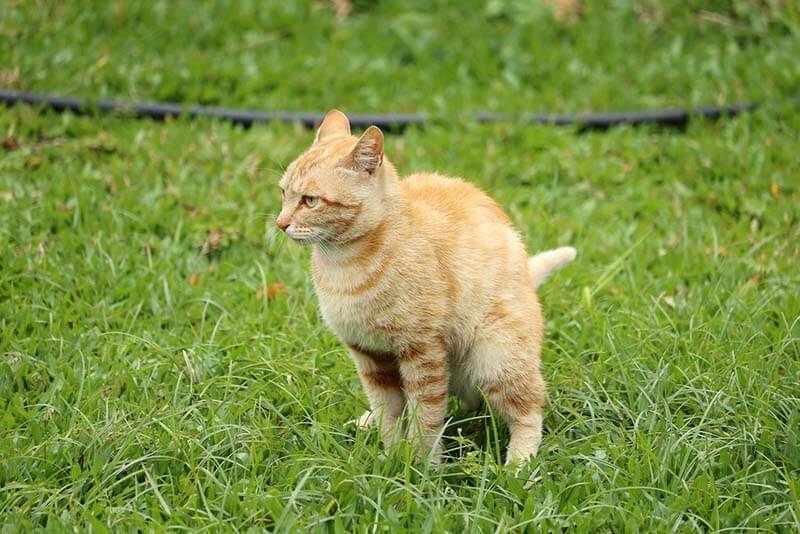
Simplest
In addition to helminths, protozoa parasitize in the intestines of cats: isospores, giardia, trichomonads, cryptosporidium, etc. Most often, such diseases occur in animals that have access to the street or live crowded in shelters and nurseries. In addition to mucus-laden stools, the cat usually develops diarrhea, which can be acute or chronic.
Wool
A cat is a clean animal, and every day she licks herself many times. In animals with long hair (Persian, Maine Coon) and thick undercoat (Exotic, British), the amount of wool swallowed is quite large. Also, cats with dermatological problems and itching can swallow a lot of wool. Lumps of wool in the intestines can irritate and injure its walls.
plant eating
Walking cats often eat grass, while pets may chew houseplants. Some owners specifically grow grass for pets. But it is not digested in the gastrointestinal tract of cats and can negatively affect it when eaten in large quantities, as well as if the plant has a coarse fibrous structure.
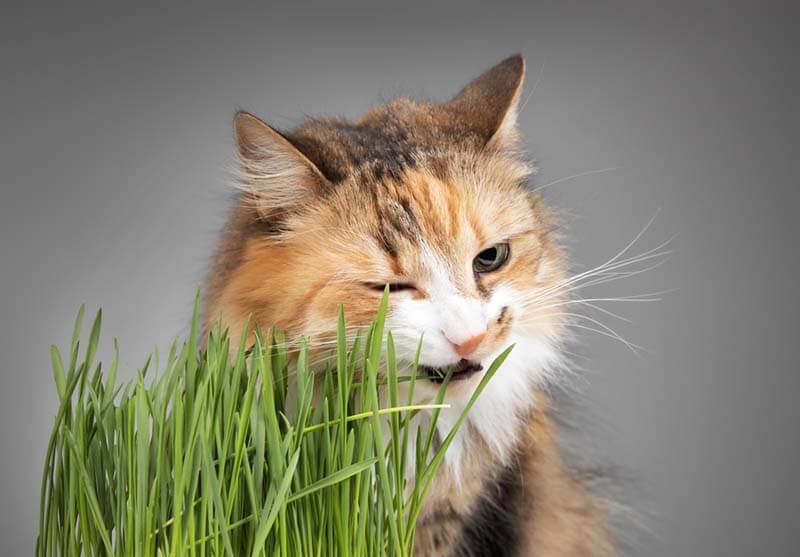
Viral and bacterial infections
Coronavirus, parvovirus, rotavirus, clostridium, salmonella and other pathogens cause not only stools with mucus in a cat, but also the following symptoms: diarrhea, vomiting, fever, loss of appetite.
In infectious diseases, mucus in the feces can be the first noticeable sign, and also be present for some time after the end of the disease, until the intestines are fully restored.
Foreign bodies
During the game, cats can swallow small foreign bodies: fragments of feathers, fabric, thread, fur, etc. Some cats have a habit of chewing polyethylene, cardboard. Small foreign bodies and their fragments do not lead to blockage of the intestine, but can cause inflammation.
Bones
Meat and fish with bones should not be included in the cat’s diet, even if the bones are small, raw and spongy. Bones are only partially digested in the gastrointestinal tract. Small sharp fragments of bones damage the intestines, and the admixture of partially digested bones makes the feces hard and dry.
Constipation
The reasons for delaying a bowel movement are varied: low fluid intake, poor litter box hygiene, low activity, eating disorders, obesity, chronic kidney disease, etc. Dry and hard stools injure the intestines, leading to a protective secretion of increased amounts of mucus.
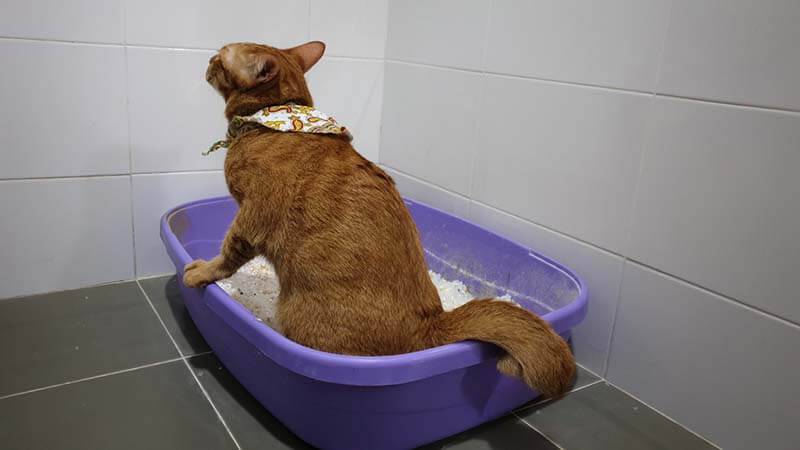
Diet errors
An unbalanced diet – excess fiber, fat, poor quality proteins, salt, spices – can lead to intestinal inflammation and increased mucus production. For this reason, table food is not suitable for cats, it does not meet their needs and contains unnecessary and even harmful components.
inflammatory bowel disease
Chronic inflammatory disease occurs in adult and older cats. The exact causes of the pathology are still unknown. With this disease, changes occur in the intestine and a violation of its barrier function. Often it is accompanied by weight loss and diarrhea, including mucus.
Diagnosis of causes
When determining the diagnostic plan, an important criterion will be the anamnesis, age and lifestyle of the animal. If there are no other symptoms other than mucus in the stool, the cat is unlikely to have an acute infectious disease.
Sometimes a trial treatment can be part of the diagnosis.
For example, carrying out medical treatment for worms, changing the diet, including paste in the diet to remove wool, etc.
An important diagnostic tool will be the analysis of feces for parasites: helminths and protozoa.
A single analysis may not be informative, and repeated studies will be required.
The simplest – Trichomonas, Giardia, Cryptosporidium – can be determined by more accurate methods, for example, using PCR.
Also, analysis of feces by PCR can be used for suspected salmonellosis, campylobacteriosis, parvovirus and coronavirus.
Ultrasound examination of the intestine will help to identify structural changes and signs of inflammation.
X-ray examination of the intestine may be necessary for suspected foreign bodies and in the diagnosis of constipation.
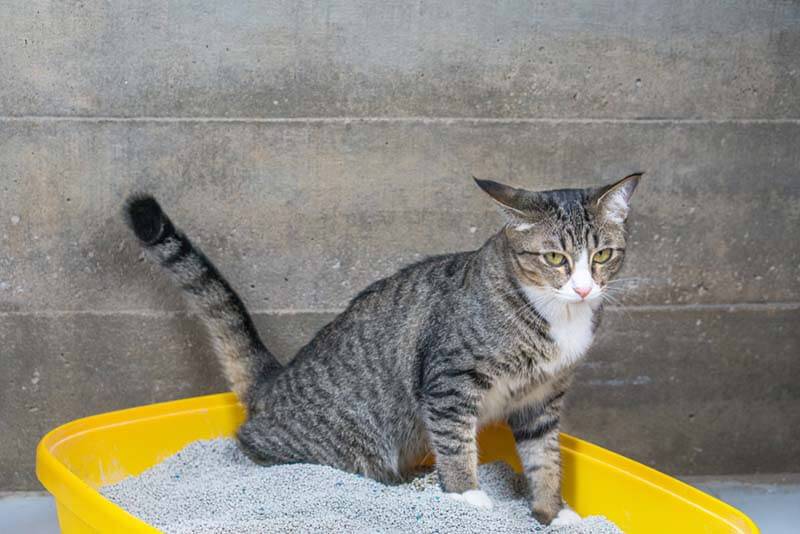
Treatment
Speaking of treatment, we mean the elimination of those reasons due to which the cat poops mucus.
With helminthiases, antiparasitic treatments are prescribed with complex means.
When invading with protozoa, treatment is selected depending on the type of parasite, since different means act on them.
The diet and behavioral habits of the pet are corrected: they do not give food from the table, bones, grass, monitor the eating of foreign objects, introduce paste into the diet to remove wool.
For constipation, laxatives are used, fluid intake is increased, fiber is introduced into the diet.
Infectious diseases require a comprehensive approach, as does inflammatory bowel disease.
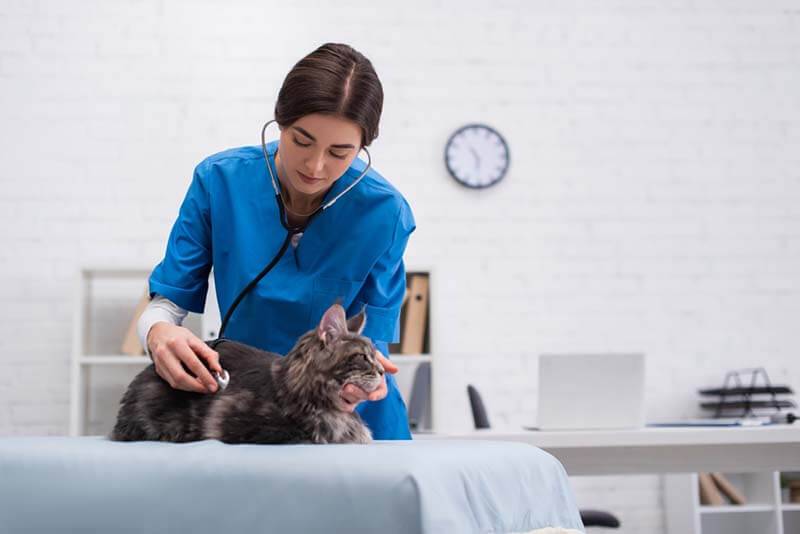
Mucus in kitten’s stool
Common causes of mucus in the feces of a kitten will be helminths, protozoa and nutritional errors.
Infections in kittens are acute with fever and deterioration of the general condition. Sometimes with severe inflammation, vomiting and reduced appetite, the kitten poops only mucus mixed with feces and sometimes blood.
Helminthiases often cause additional symptoms in kittens in the form of diarrhea, vomiting, and weight loss. Protozoans such as isospores rarely cause persistent symptoms in adults, and in kittens can lead to significant intestinal inflammation.
preventive measures
Timely and regular treatment for worms.
Vaccination against viral diseases.
Introduction to the pet’s diet of paste for removing wool.
Do not give bones in any form.
Provide your pet with a complete and balanced diet.
Remove houseplants from cat access.
Provide constant access to fresh water.
Contact your veterinarian promptly if your cat is sick.
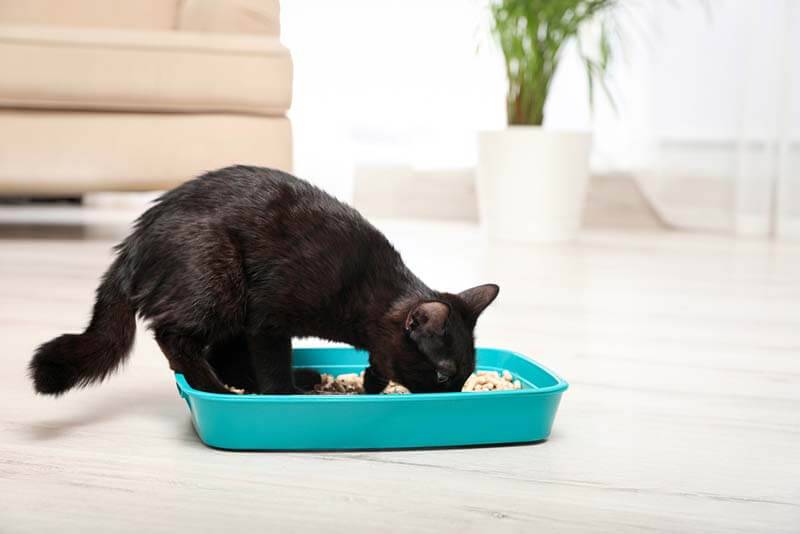
Mucus in the feces of a cat – the main thing
Mucus is constantly produced in the intestines, but noticeable mucus in the feces of a cat is a reaction of the intestines to irritating, traumatic factors and inflammation.
Reasons why a cat has mucus in stool: helminths, protozoa, hair, eating grass and foreign bodies, infections, feeding bones and inappropriate food, inflammatory bowel disease.
With infections, there will be additional symptoms: fever, diarrhea, vomiting, loss of appetite.
If helminths, wool ingestion, or plants are the cause of the increased mucus production, there may not be any other symptoms.
Diagnosis includes the study of feces for parasites, if necessary, for viruses and bacteria, ultrasound examination of the intestine, X-ray.
In some situations, a trial treatment may be part of the diagnosis: for example, deworming, introducing hair removal paste into the diet, correcting an unsuitable diet.
Treatment involves the elimination of the causes that led to the appearance of mucus in the feces of a cat: parasitic infestations, infections, diet correction.
Sources:
Chandler E. A., Gaskell R. M., Gaskell K. J. Diseases of cats, 2011
Craig E. Greene. Infectious diseases of the dog and cat, fourth edition, 2012
E.D. Hall, D.V. Simpson, D.A. Williams. Gastroenterology of dogs and cats, 2010



